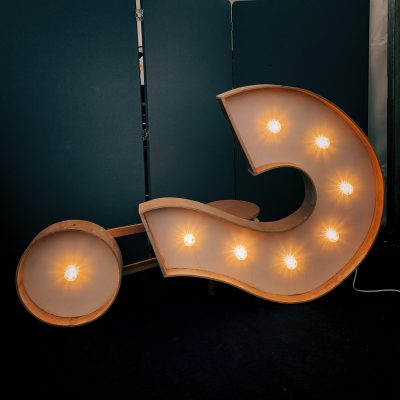Rejection is painful. Knowing why, could help you get a job faster.

Getting called for a job interview and doing great at the interview is exciting. It is extremely disappointing when you don’t get a call back after the interview. Or if you get that usually polite rejection email after the job interview.
According to HR experts, here are 11 possible reasons why you didn’t get a call back after a job interview.
- You did not research and do your homework
If you did not take the time to research the company and the position you are interviewing for, it will be obvious in your response. The candidates who did their homework properly will outshine you.
“Tell me what you know about our company and the work we do”, is a common question in most job interviews. The more that you can articulate the organization’s goals and mission and relate it to the position, the more impressive you will be. It sets a serious tone and establishes a mindset of research, maturity, and preparation.
- You started the Interview on the wrong foot
The first impression is sometimes everything. Starting the interview on a negative note, such as not being on time or giving a long-winded response to the first question can cost you a call-back.
It takes about three seconds to make a strong impression on other people, and it’s very hard to overcome a negative first impression.

- You didn’t have good chemistry with the Interviewer.
Sometimes you and your interviewer just won’t have a great interview “chemistry.”This is not necessarily a mistake and not your fault.
One way you can improve on this is to apply some psychology and emotional intelligence. After a few questions, you should be able to sense the inclinations of the interviewer. Lean into that. Lack of chemistry will result to you not getting a call back after a job interview.
- You didn’t show sufficient enthusiasm
Recruiters are human and they want to know you are interested in their company, the role, and in general, interested in other people.
If you seemed unenthusiastic, avoided eye contact, were unprepared or didn’t ask meaningful questions, this could indicate a lack of interest to your interviewer. In this case, you will not get a call back after the job interview.

- You did not answer the salary question properly.
You should have researched what the pay range is for the position you are applying for. When asked the question about the salary, your response should state the salary range of such a position.
Imagine asking for a salary of $75,000 when their maximum for that position is $40,000. You should not also be asking for far less.
In addition, you should emphasize that whilst salary is important, what is particularly crucial for you is a great working atmosphere. That way you will not fail in getting a call back after the job interview.
- You spoke negatively about your former workplace.
Speaking negatively about former employers or managers could be a red flag for recruiters, and you will not get a call back after the interview.
There is a fine line between providing legitimate reasons for leaving a company – such as a change in leadership – and openly bad-mouthing a former manager or employer. It gives a very bad impression.

- You pretended to know about a topic you knew nothing about
Recruiters prefer you to say, ‘I’m not familiar with that,’ and then provide examples from your past on your continuous learning, appetite for being trained, and engaging with new concepts than to pretend to know about a subject that you don’t. Honesty is the best policy in this case.
If you are prepared adequately and have the necessary skills, there shouldn’t be any questions that you have no clue about the answers to. But this can happen occasionally.
- You did not match your experience with the needs of the current position
Simply going through your resume isn’t enough to land you a job. You must explain how your previous experience qualifies you for the open position.
Interviewees that studied the position’s responsibilities and duties and relate their experience, achievements and, answers to the position’s requirements show they are motivated, detail-oriented, and will be able to hit the ground running.
- You didn’t ask meaningful questions
When your interviewer asks if you have questions for them, this is still part of the interview, and it is a great opportunity to close out strong.
Sophisticated interviewers will judge you by the quality of the questions you ask. You should be prepared intelligent questions and have them written down.
Your questions should address the role, the challenges and the framework to discuss potential solutions. You want the interviewer to say “that’s a great question.”
- You are under or overqualified
Sometimes, the reason you are rejected or didn’t get a call back will have nothing to do with your interview performance.
You might have been simply beaten to the post by a far more qualified applicant, On the other hand, you could be considered overqualified for the position, causing the decision makers to assume that you will soon move on or not feel fulfilled if hired.
- The position was eliminated
In this case, once again, the reason you didn’t get a call back is completely out of your control.
Sometimes a job position just gets eliminated, either for budget reasons, a job freeze, or a change in the company’s strategic direction.

Don’t cry!
Understanding why you got a job rejection will also give you a better clue on how to get a job.
Now that you know that it was not all your fault that you were not called back after a job interview, perhaps you should give yourself a thumbs up and move on.
References:







